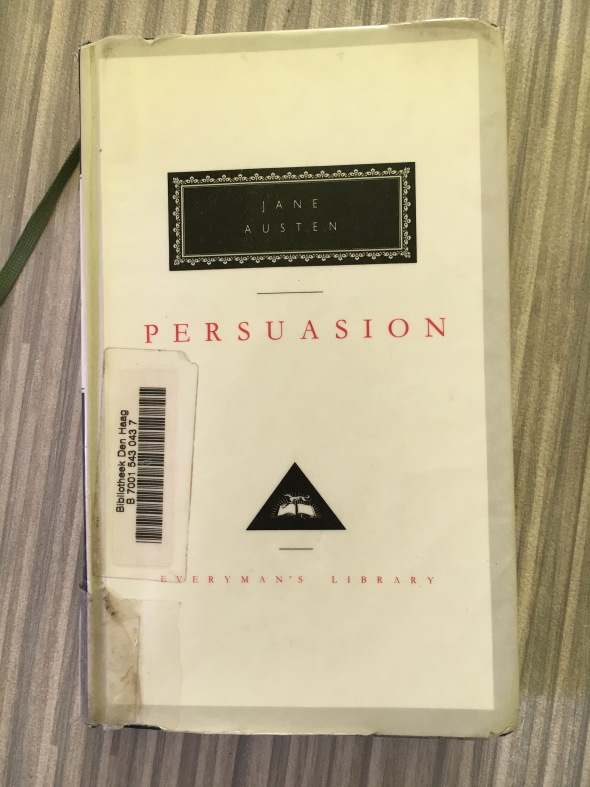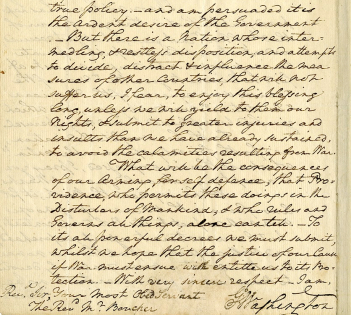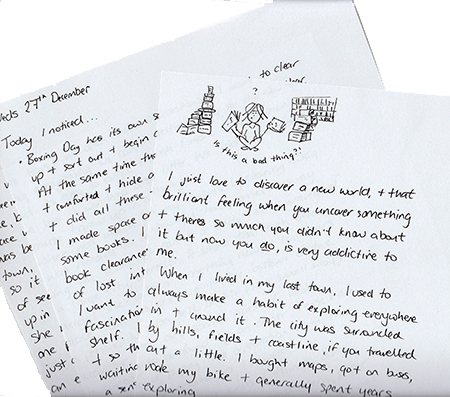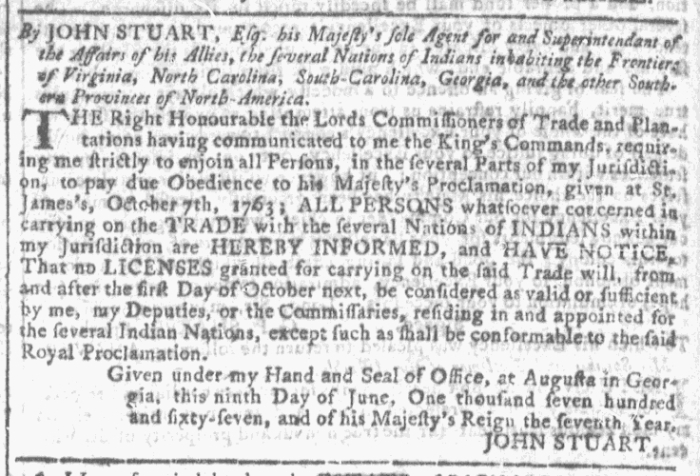Among my list of qualifications for a great summer is time to read without pressure. The Dutch library system seems to agree; the three-week lending window is extended during the summer vacation and they even have a free app where you can borrow eBooks through August 31st.
Thus one of my first vacation-minded stops was the library where I checked out a hardback version of Persuasion. I’ve read Pride & Prejudice and Sense & Sensibility, but this was my first encounter with Jane Austen’s Persuasion.
 Considering my three-meter tall stack of books on my to-read list, let alone the millions of titles available from the past two centuries, you might wonder why I would choose a novel written in the year of 1815 to 1816.
Considering my three-meter tall stack of books on my to-read list, let alone the millions of titles available from the past two centuries, you might wonder why I would choose a novel written in the year of 1815 to 1816.
Because it’s Jane Austen! That, and I half-listened to The New York Times Book Review Podcast on July 14th, which included an interview with Deborah Yaffe, a self-proclaimed Janeite. A Janeite is a person who is a die-hard Jane Austen fan. Yaffe was talking about her life as a Janeite, her encounters with other Janeites and promoting her book entitled Among the Janeites. I didn’t realize until I heard the podcast that this summer marks the 200th anniversary of Jane Austen’s death (July 18th, 1817).
Was it the right choice to kick off my summer reading program? Absolutely! Persuasion was so good that here I am, 200 years after her death, writing a review of Austen’s novel.
It usually takes me about 30 to 40 pages to adjust to literature written in another century. This wasn’t the case when I read Persuasion. Austen’s smooth and consistent writing style drew me in within the first few chapters. I found it fascinating to be pulled so accurately and personally into another century.
I had to shift into an era where time was slowed down. For example, if the cast of characters needed to communicate with friends at a distance, they couldn’t pick up a phone or cell phone, send an email or sms. They drafted letters and sent them via a servant on horseback.

random letter courtesy http://www.dodd.com
Letters are important in this society. They are poured over, read multiple times, and when appropriate, shared with friends and family members. The content is debated and discussed the way we discuss news, politics or gossip today.
Letters play a significant role throughout the novel, from conveying grave news, evidence of someone’s traitorous character to declaring true intentions.
Once I had adjusted to the 19th century era of Persuasion, I found myself reading for long stretches of time, drawn into the dramas that unfolded. Daily life of the gentry class is so well described, that you feel a part of it. Men are gentlemen who help you into a carriage and make sure you don’t get caught in the rain. Women go for social visits not longer than 30 minutes where they exchange pleasantries with their neighbors. Evenings include dinners and conversation, playing the piano and polite dancing.
The societal and emotional issues presented–class consciousness, the influence of wealth, regret, seeking the right partner, family conflicts, second chances, the fickle or steadfast heart–were beautifully portrayed.
Anne Elliot, the clear heroine, is 27 years old when the novel begins. While that is still considered young in our contemporary world, in the 1800s you are almost over the hill. Eight years earlier at the age of nineteen, she had fallen for a young navy lieutenant named Frederick Wentworth and they were engaged to be married. But a family friend talked her out of the engagement. Why? This young lieutenant had not yet made his fortune and was therefore viewed as an inappropriate match for someone of Anne’s social stature.
Eight years later, he has made his fortune, advanced the naval ladder and is back in town. When Anne hears of his return, she tells herself she is over him, but her heart begs to differ. Is the now Captain Wentworth’s first stop to see Anne Elliot to try to woo her again? Unfortunately not. It seems that Frederick Wentworth views Anne Elliot in a rather negative light and is still holding onto the shame of being turned down rather than the deep connection and implicit understanding they had of one another. These days, it also seems that any young woman of a certain social class will do as his future wife.
Yet Anne displays grace and kindness where just about every other member of her social circle displays shallowness, haughtiness and pride. As Anne and Frederick continue to encounter one another, it is clear they are the best match. But of course it’s not that simple. Austen has an amazing ability to create one conflict after another for these two potential mates, without overdoing it.
The story gains depth through Austen’s clear mockery of the very social class to which she belonged. She creates characters that are so engrained in their sense of superiority brought on by social class, that they are blind to their own faults; faults that are so obvious that everyone around them can’t help but notice. She does this in such a fluid, humorous way, that I often found a mirthful smile on my face while reading. Jane Austen was letting me in on a private joke, poking fun at entitlement and the pitfalls of classism. Money is important, but integrity and authenticity are equally valuable–a fact overlooked by many.
The majority of the novel centers around the courtships that form between young men and women within Anne Elliot’s social circle, but also displays how much women are dependent upon marriage to secure their future as well as male relatives to represent them in society.
Austen is perhaps the quintessential author of romance, who set the stage for the modern day romance novel back in the 1800s. I would recommend Persuasion to anyone who is interested in history, who would like insight into 19th century British society and who likes a good old fashioned story of courtship and love. But keep in mind that you will have to step out of our fast-paced world and slow your way into another century before you can truly value this engaging tale.
Share this:





